Civil Recovery and
Loss Prevention Solutions
Stop Settling For Uncollected Losses
We are persistent problem-solvers with over 35 years of civil recovery experience turning difficult and aged cases into successful recoveries, no matter your business type or size.

Civil Demand
We resolve claims and recover money for you from shoplifters, dishonest employees and others. We find, call, correspond and set up repayment plans with offenders.

Restitution
Get fully repaid for losses from theft or fraud via in-court and out-of-court settlements.
We’re Laser-Focused on Civil Recovery, So You Don't Have to Be.
From case analysis to correspondence with court systems, settlements and/or judgments, we handle the entire process with a dedicated legal team focused solely on civil recovery.
Our nationwide network of experienced Of-Counsel attorneys works with our staff of professionals to seamlessly recover your losses, both in and out of court. We resolve your claims by engaging directly with theft offenders and opposing-party attorneys.
Partner with the nation’s leading single-source solution for civil recovery and focus your time on what matters—increasing profitability and reducing shrink.
-1.png?width=455&height=500&name=Untitled%20design%20(19)-1.png)
"PRA is an invaluable part of our loss prevention program. Their diligent team consistently collects on cases we had written off as impossible.”
Driving Industry Excellence Through Education & Partnership
We believe strong partnerships and shared knowledge strengthen the entire retail industry. That’s why PRA Law Firm is proud to be a member of the Loss Prevention Foundation and supports it's mission to educate, connect, and empower professionals across the field.

Streamline Your Civil Recovery Process in Three Steps
Meet With Our Team
Our onboarding process is done in a single call in as little as 30 minutes.
Send Us Your Cases
We manage your cases from start to finish with a firm, fair, multi-touch approach.
Collect!
Upon a successful recovery, we provide you with the proceeds via an attorney monitored trust account.
Don’t let unchecked theft negatively impact your bottom line.
Contact us today to streamline your civil recovery process and strengthen your Loss Prevention program.
.png?width=400&height=100&name=Untitled%20design%20(21).png)
.png?width=100&height=75&name=STEP%201%20(2).png)
.png?width=100&height=75&name=STEP%201%20(3).png)
.png?width=100&height=75&name=STEP%201%20(4).png)